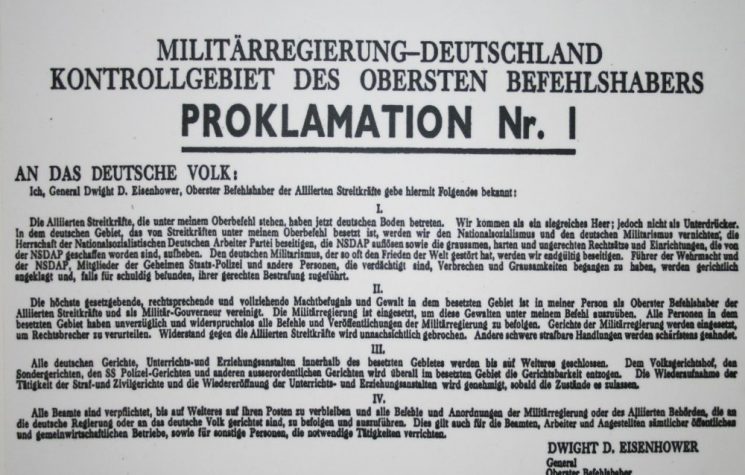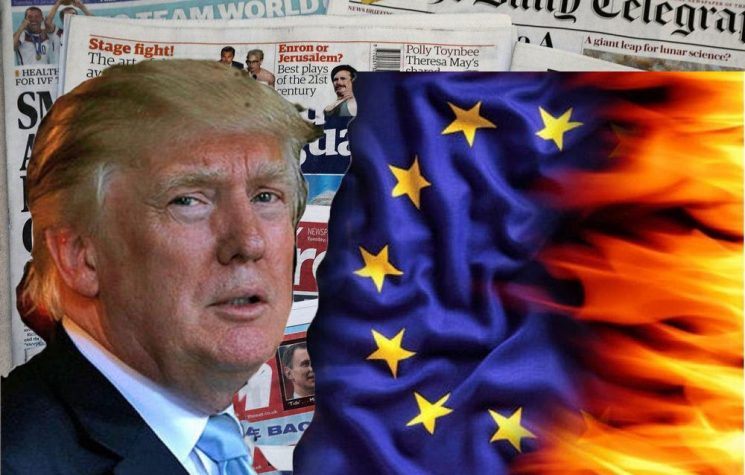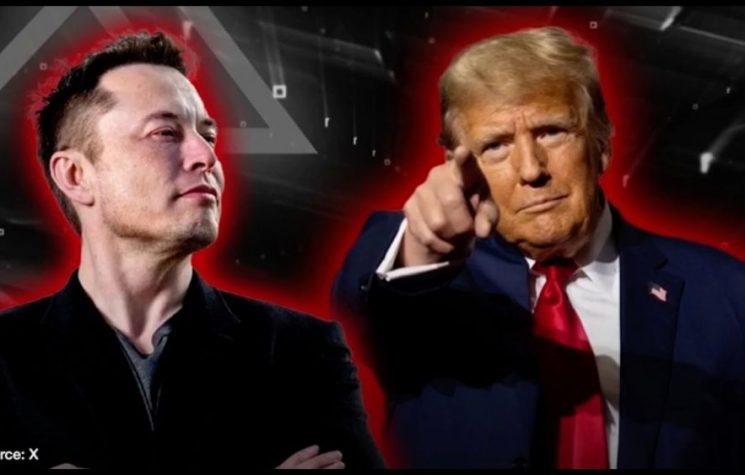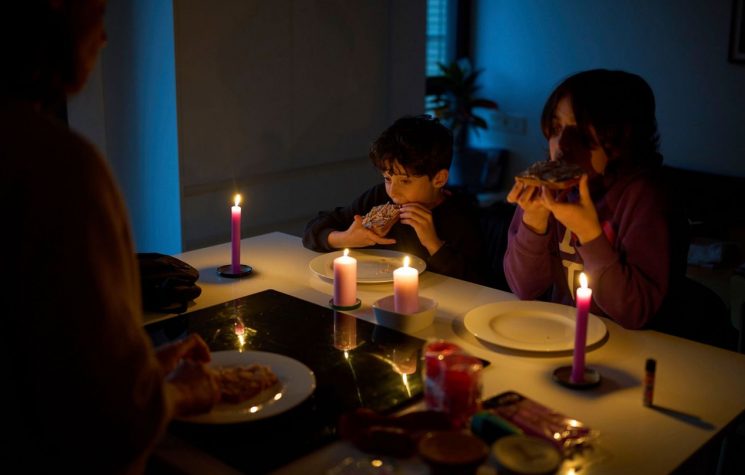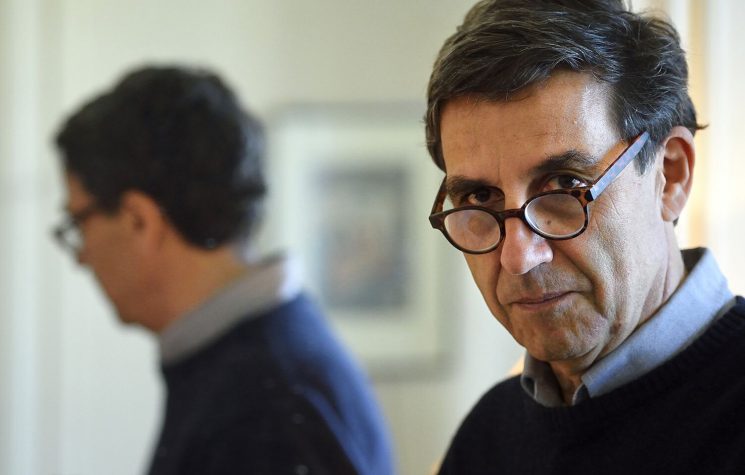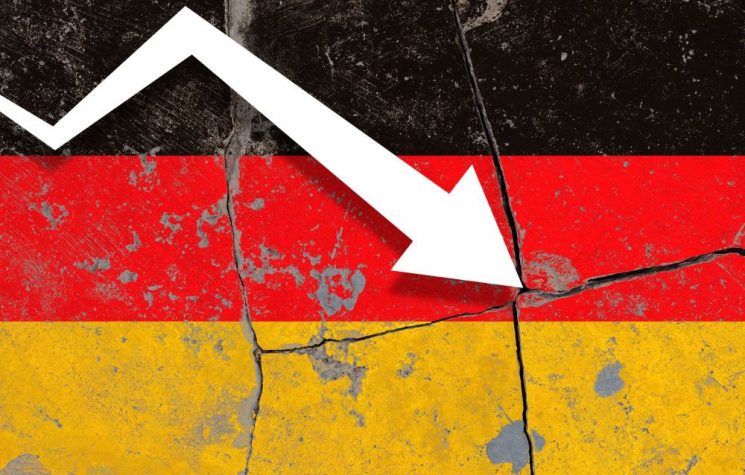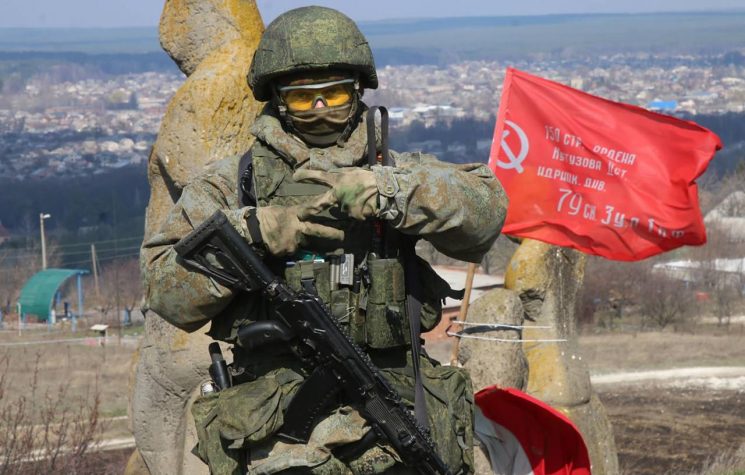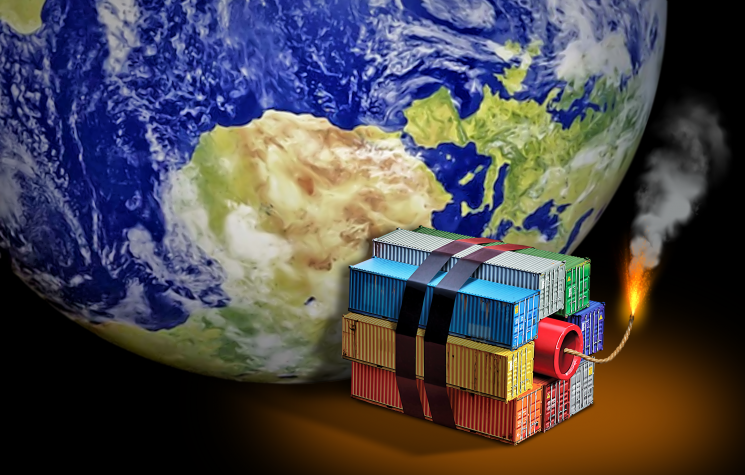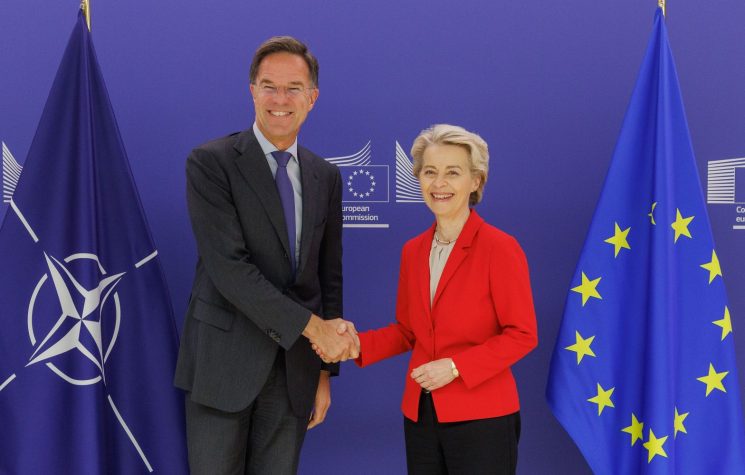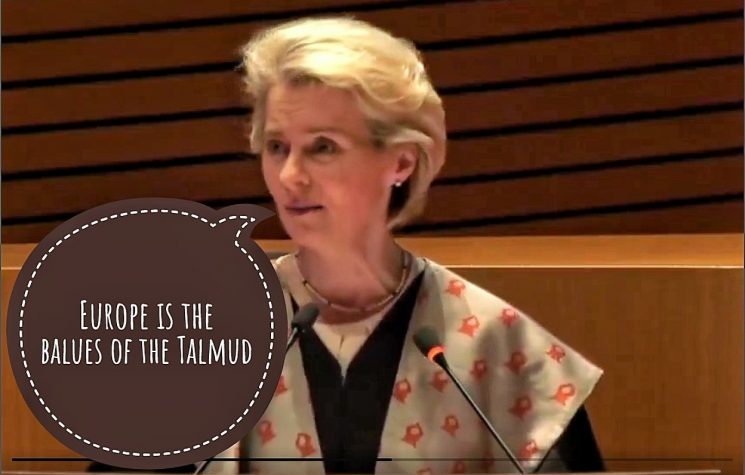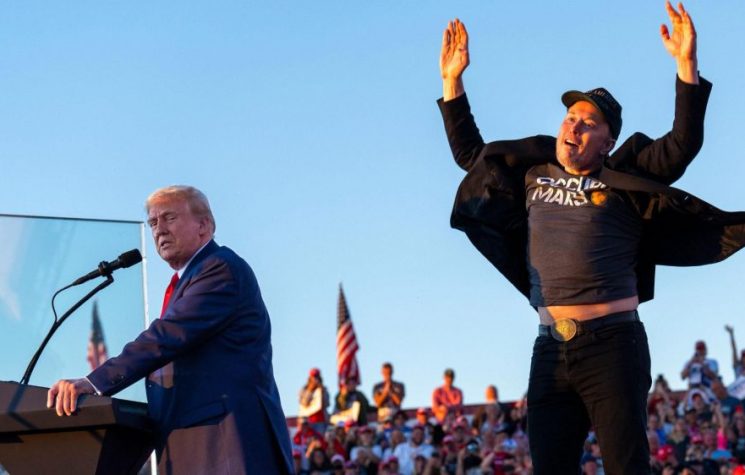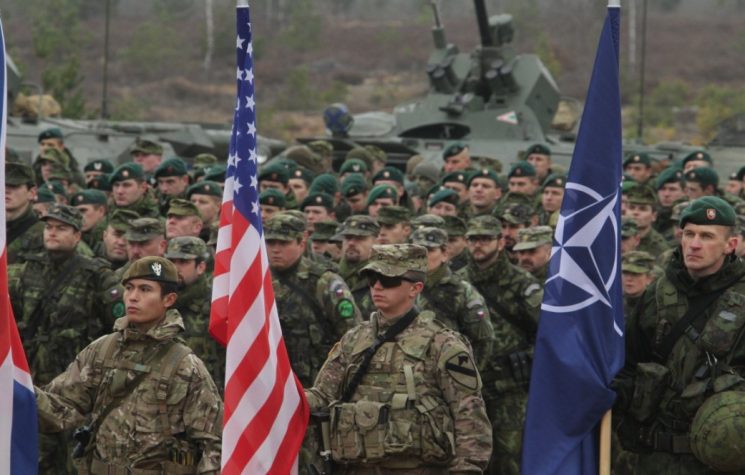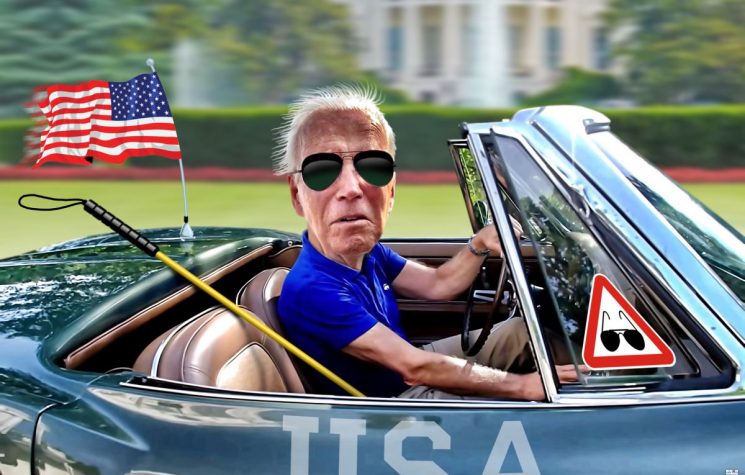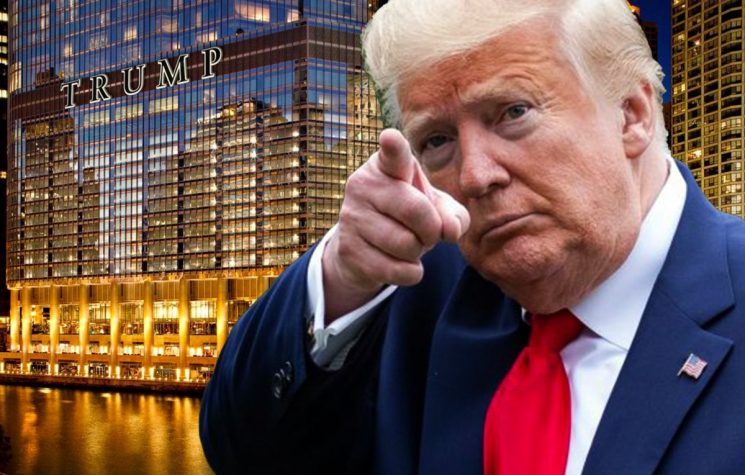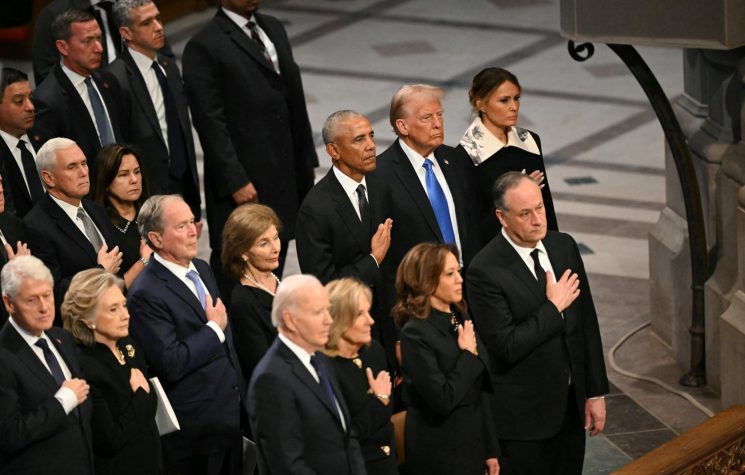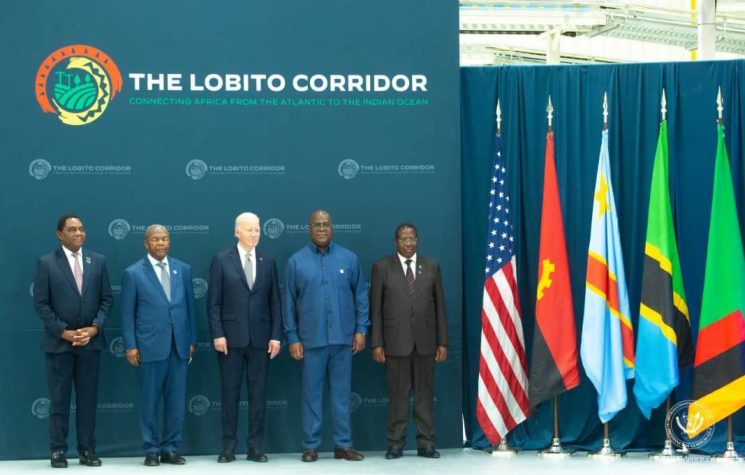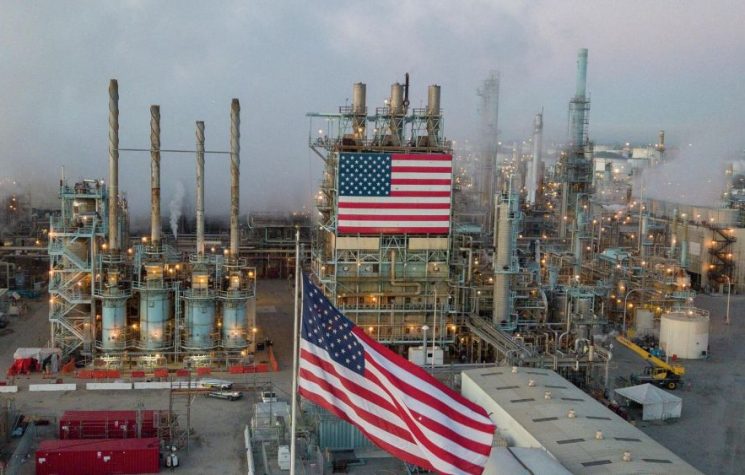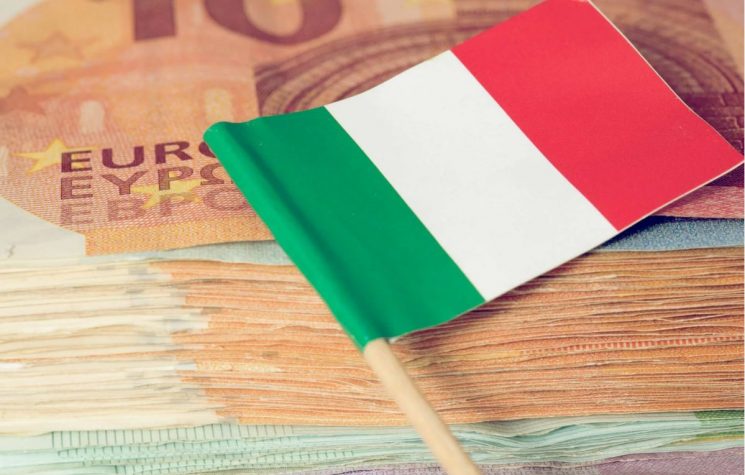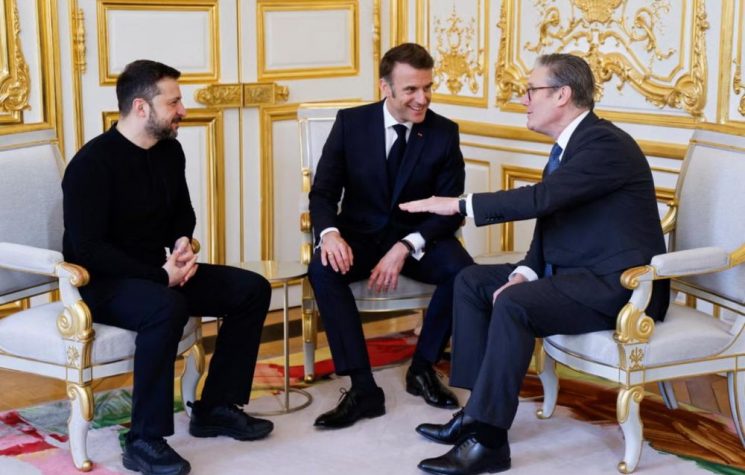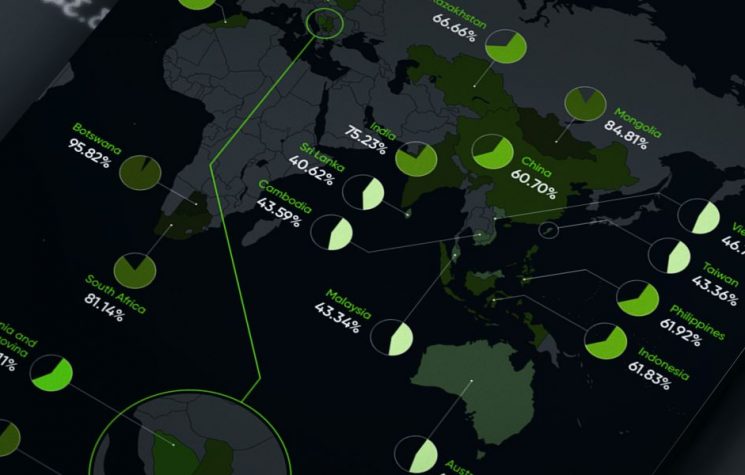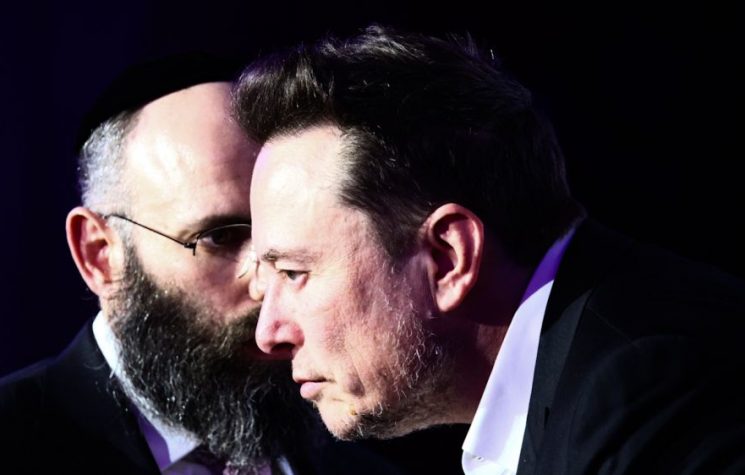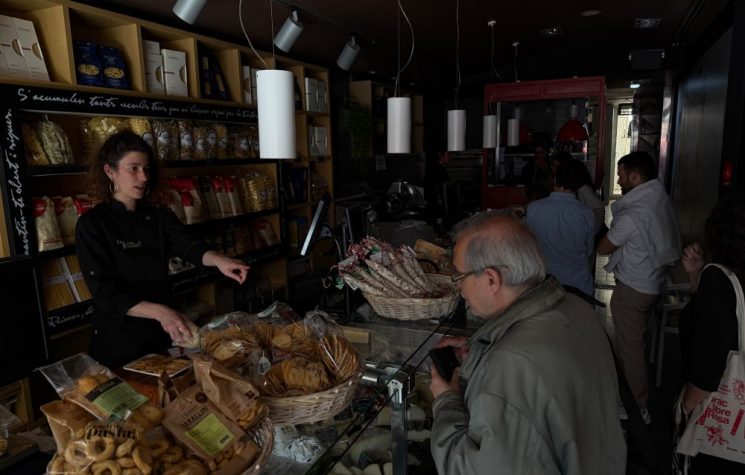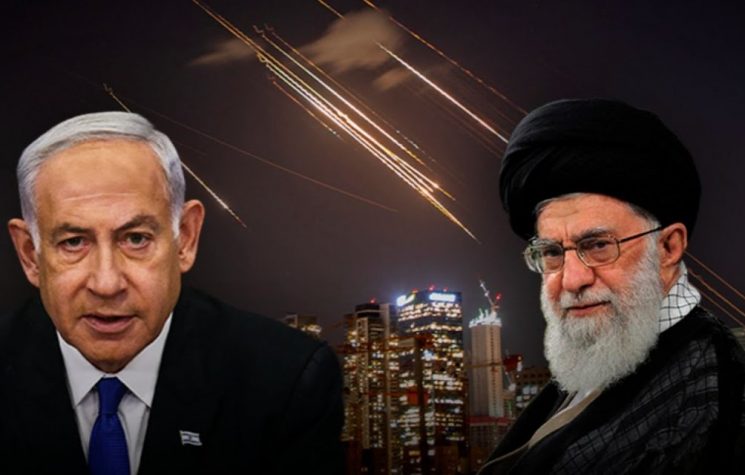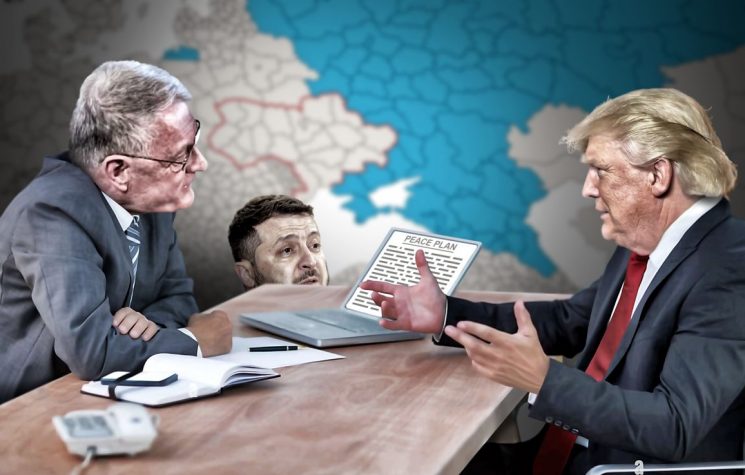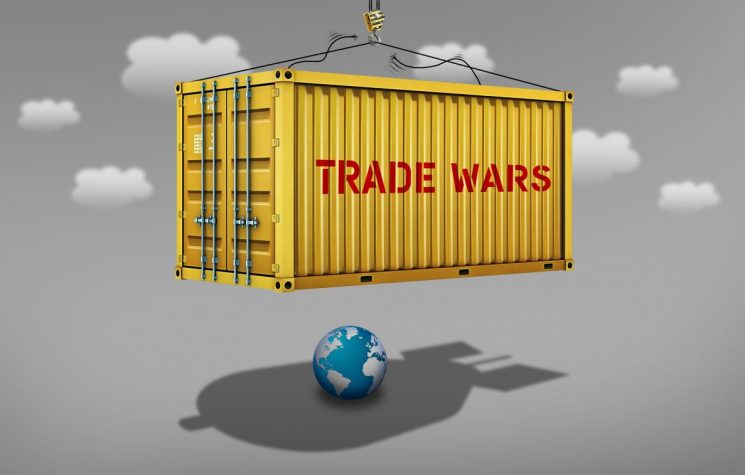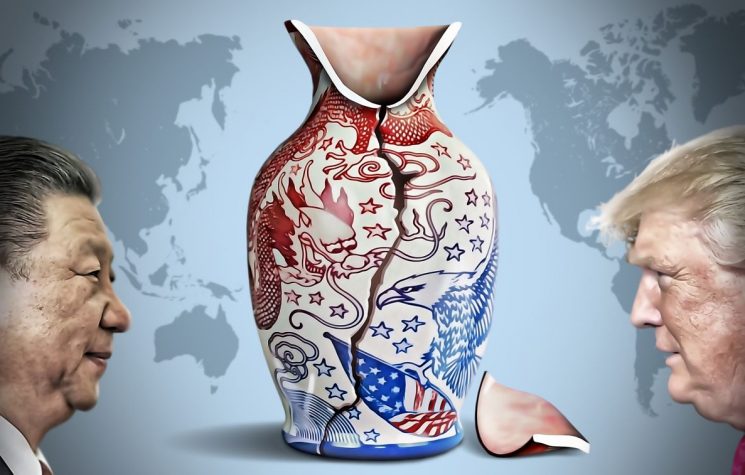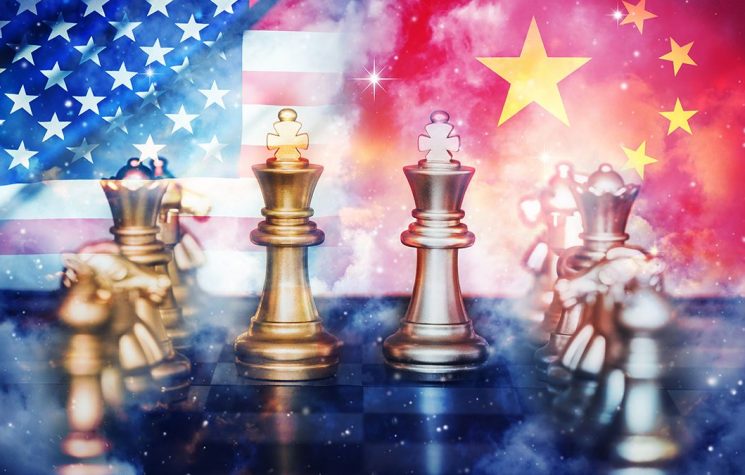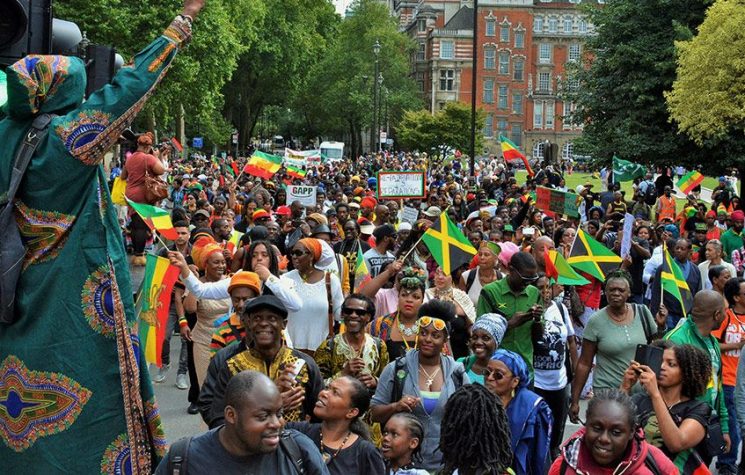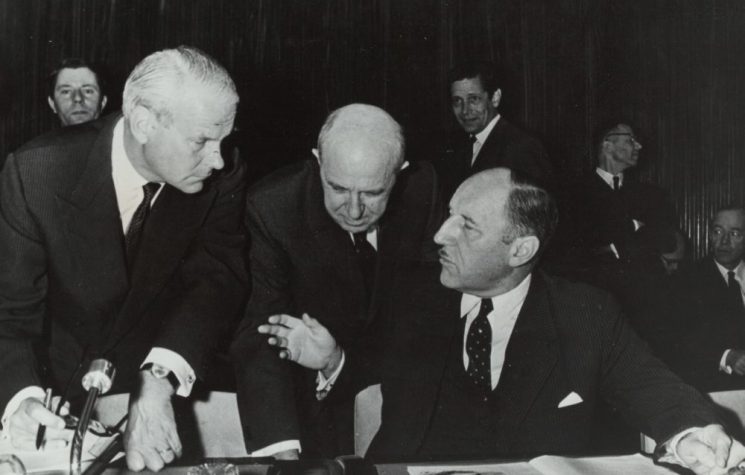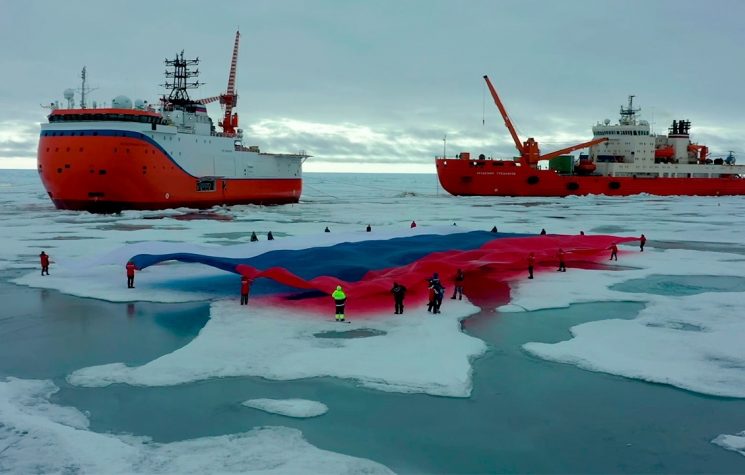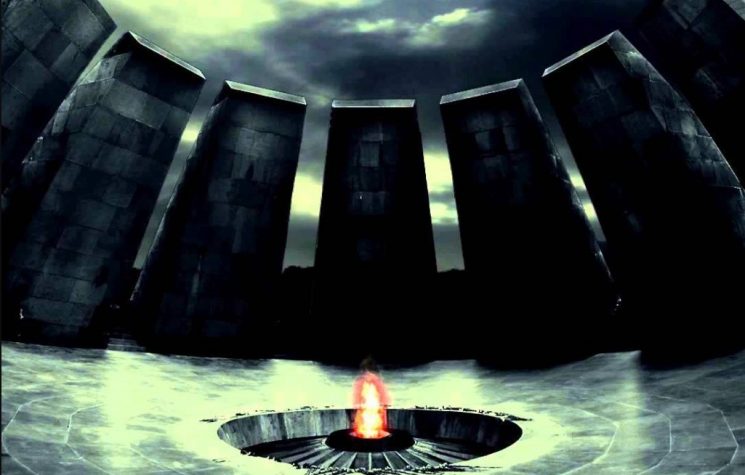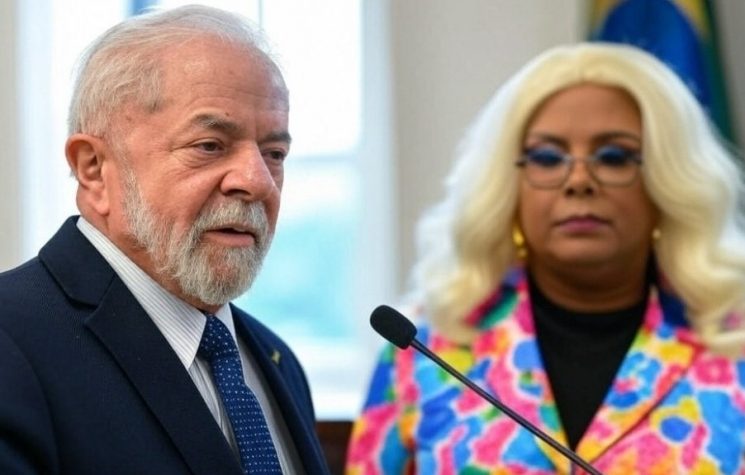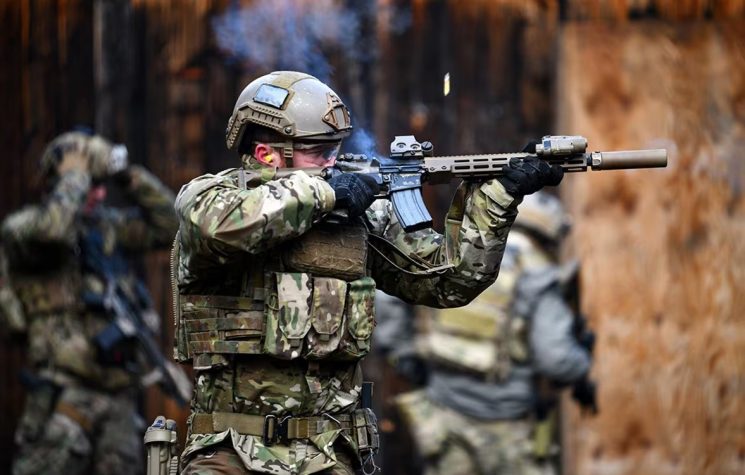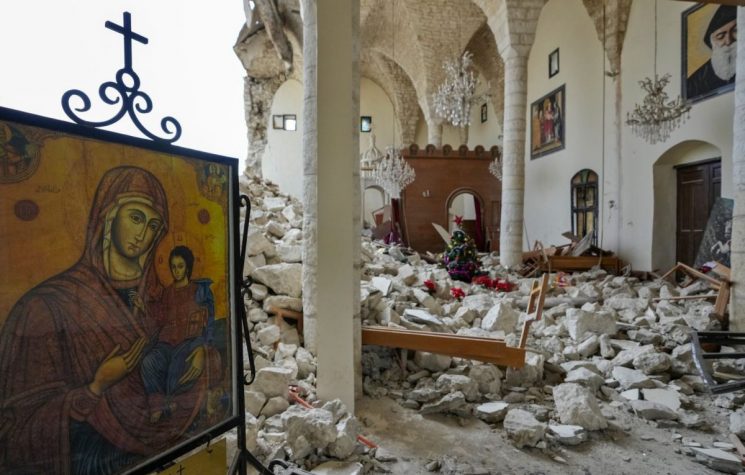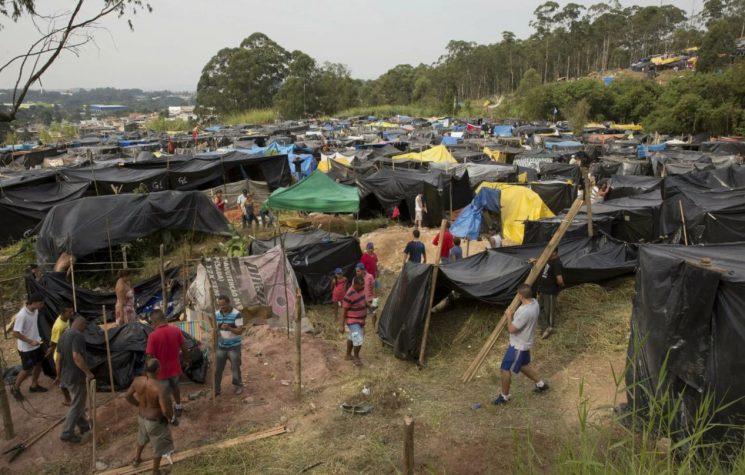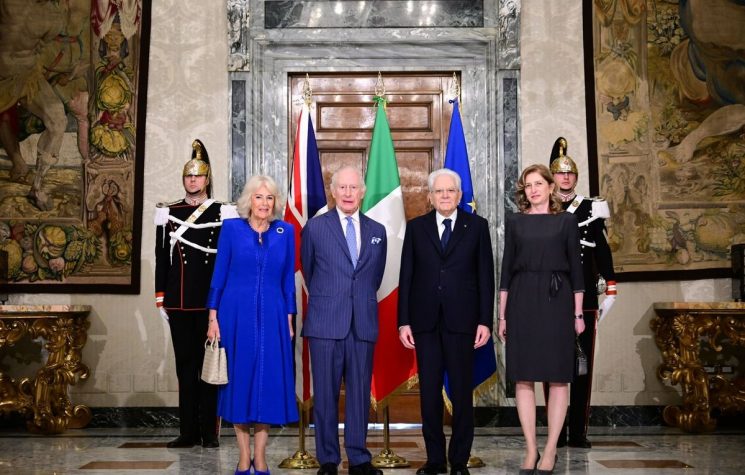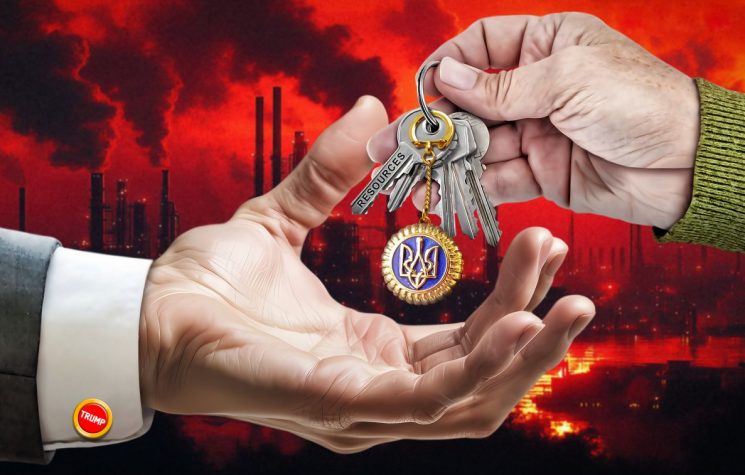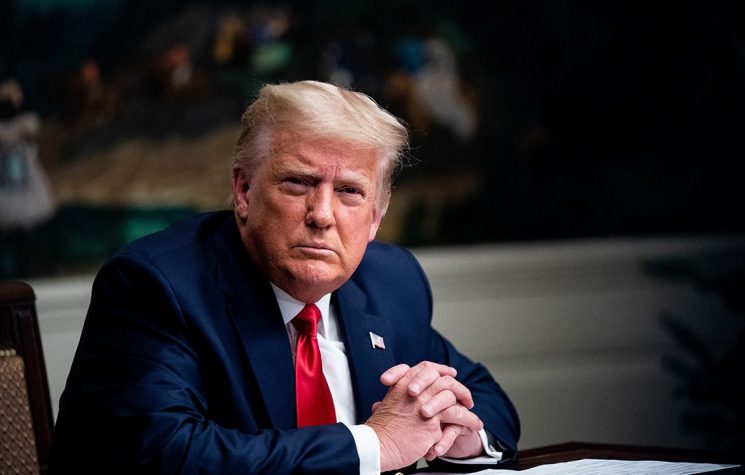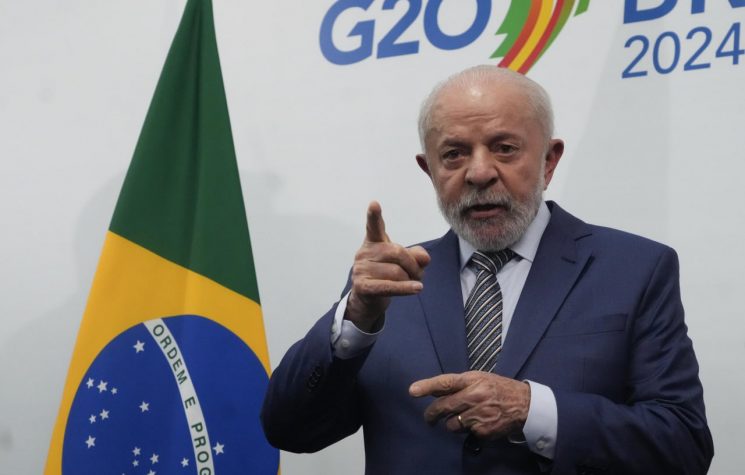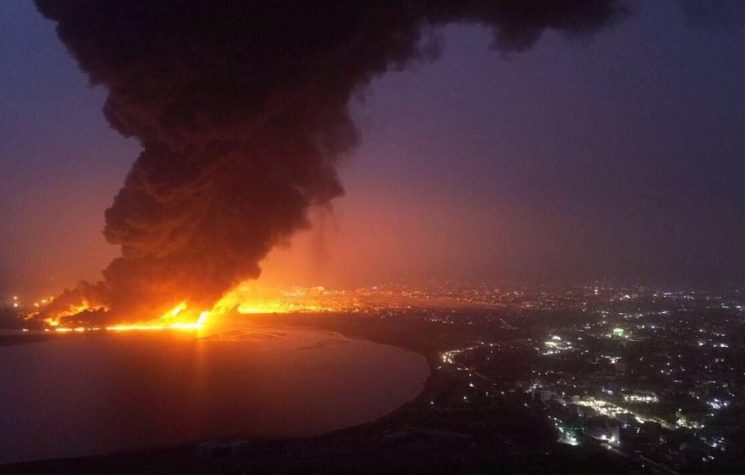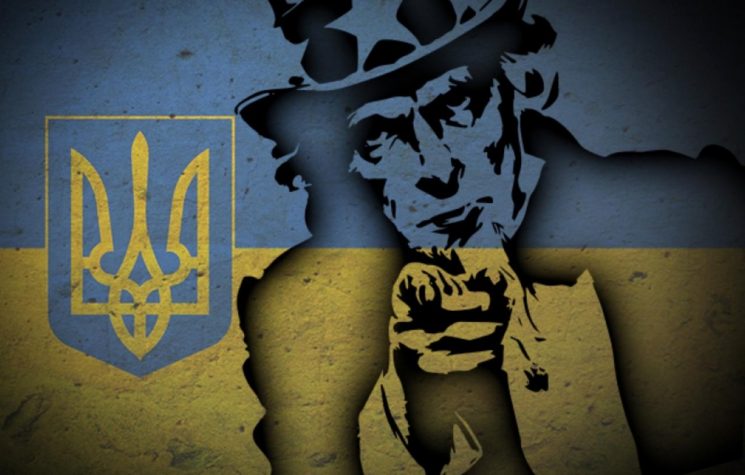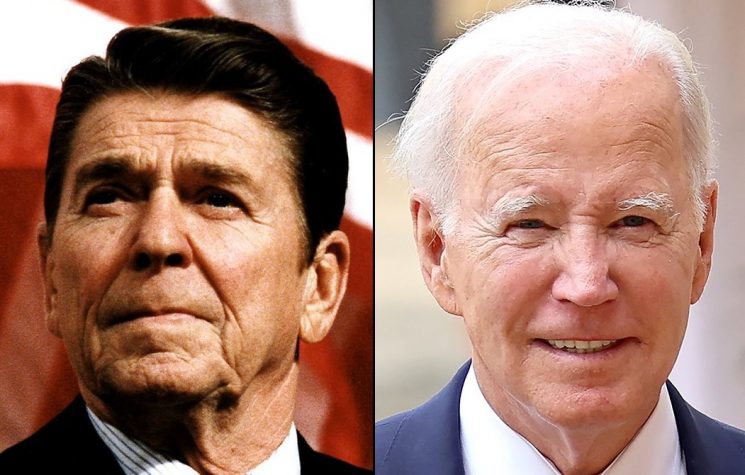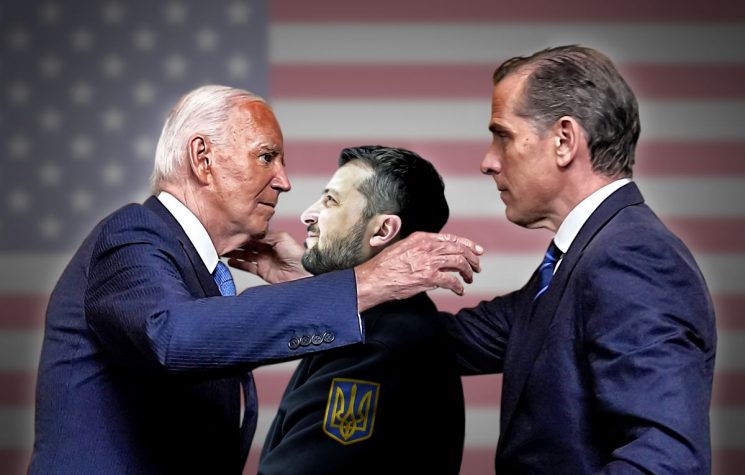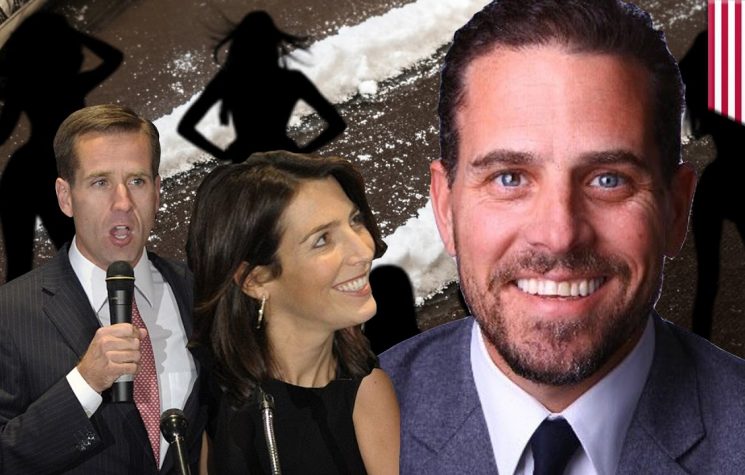The conditions that gave rise to the golden era that created the ‘Comfort Generation’ no longer are available, Alastair Crooke writes.
The Tragedy that besets the West today consists, on the one hand, of the sheer impossibility for it to continue doing what it has been doing – yet matched only by its impossibility to do anything other.
Why is this so? It is because the conditions that gave rise to the golden era that created the ‘Comfort Generation’ no longer are available: Zero interest credit, zero inflation, a colluding media, and cheap energy ‘subsidising’ a shrinking and increasingly sclerotic manufacturing base (at least in Europe).
Those decades were the West’s fleeting ‘moment in the sun’. But it is over. The ‘periphery’ can manage on its own, thank you! They are doing nicely – rather better, in fact, than the imperial hub these days.
The deeper paradox is that all the easy choices are behind us. And the headwinds of debt, inflation and recession are now buffeting us fiercely. System ‘unravelling’ is already present in the form of government and institutional weakness: the ‘system’ lacked the will to take difficult decisions when it could. Easy choices then were still available, and the easy way invariably was the one taken.
The élites had absorbed the self-centred, spoilt-child ethos of the ‘me’ generation. The Permanent Class indulged themselves,abdicating all concern for their deeply disdained ‘peons’. They brought the present crisis upon themselves. They wiped out two hundred years of financial responsibility in about 20 years.
It is however, what it is – and that is where we are at. And even though it is now increasingly understood that the West cannot persist as if ‘all is fine’ – even as the Rulers try to continue the money printing, the bailouts and with the media narrative washing away their mistakes – they do sense the crisis, the coming ‘Turning’.
So, put plainly, this constitutes the paradox: It is already obvious that to continue doing what western élites are doing in Ukraine touches on the definition of madness (to keep on repeating the same thing, matched only by the conviction that ‘next time’ the outcome will be different). The question that ‘hangs’ is the impossibility of ‘doing anything other’.
The Washington Post casts doubts:
“As Ukraine launches its long-awaited counteroffensive against entrenched Russian occupiers, both Kyiv and its backers are hoping for a rapid retaking of strategically significant territory. Anything less will present the United States and its allies with uncomfortable questions they are not yet prepared to answer”.
“As he heads into next year’s re-election campaign, Biden needs a major battlefield victory to show that his unqualified support for Ukraine has burnished U.S. global leadership, reinvigorated a strong foreign policy with bipartisan support and demonstrated the prudent use of American military strength abroad”.
The impossibility of ‘doing anything other’ than continuing the conflict will be promoted vigorously: Biden needs it, (the weapons provided to Ukraine did not go far enough…), and further, six geopolitical ‘Swing States’ (Brazil, India, Indonesia, Saudi Arabia, South Africa, and Turkey) are at risk of aligning with the Russia-China Axis, unless Putin is seen to be humiliated:
“[We must act] to prevent a significant weakening in the U.S. position in the global power balance. With the Swing States’ refusal to line up behind the United States on the Russia-Ukraine war, or competition with China, many of these key countries are already drifting away. The threat of a Sino-Russian co-optation of an expanded BRICS — and through it, of the global south — is real, and it needs to be addressed”.
Put starkly: The U.S. must persist in Ukraine. Why? To save the now threatened ‘Rules-Based Order’.
The impossibility of doing other (than keep escalating in the hope of at least ‘freezing’ the conflict, as a long favoured U.S. default option) will be portrayed as compelling. Simply said, the Permanent State lacks the courage to take hard decisions – to say to Moscow, ‘Let us put this unfortunate episode (Ukraine) behind us. Dig out those draft treaties you wrote in December 2021, and let’s see how we can work together, to restore some functionality again to Europe’.
And of course, the ‘impossibility of doing anything other’ applies in spades to the western economic system. The structural contradictions make anything ‘other’ than bailouts and spending more than is earned impossible. It is culturally hard-baked into the self-centred, spoilt-child ethos of the ‘Comfort’ generation who are the western élites. A failure of culture – of courage to face hard choices with integrity.
This is the western paradox. A Greek tragedy is one in which the crisis – at the heart of any ‘tragedy’ – does not arise by sheer mischance, for which no-one is really to be blamed, or could have foreseen. The Greek sense is that tragedy is where something happens, because it has to happen; because of the nature of the participants; because the actors involved make it happen. And they have no choice, but to make it happen, because that is their nature.
This is the deeper implication that flows from today’s tragic dilemma that might well segue into a full unfolding of tragedy in what would correctly be defined as a western ‘war of choice’.
What happened? The nature of the élites changed. The inflated sense of self-importance and self-indulgence displaced that of integrity and looking ‘truth in the eye’. Where are those with stature? Instead we have an élite that believes that there was ‘no risk’: No state, no person nor institution that could resist the heft of combined financial western power weaponised against them.
The backlash however, has started. Anger grows as public discourse debates endlessly ‘the absurd’ (“What is a woman?”) whilst everyone gives up on ever fixing the deeper issues at stake.
In Neil Howe and William Strauss’ 1997 work, The Fourth Turning: An American Prophecy, the co-authors “reject the deep premise of modern Western historians that social time is either linear (continuous progress or decline) or chaotic (too complex to reveal any direction). Instead we adopt the insight of nearly all traditional societies: That social time is a recurring cycle”.
In the Fourth Turning, the crisis arrives. This, the authors write, is when institutional life is reconstructed from the ground up, always in response to a perceived threat to the nation’s very survival. “People and groups begin to pitch-in as participants in a larger community”.
This possibly represents the dizzying political realignment now under way – the scrambling of all of the traditional categories and leaving in its wake just two sides; not left and right, but insider and outsider.
But Malcom Kyeyune cautions:
“The ruling elite is increasingly angry and bitter that the ruled no longer listen; the ruled, for their part, are bitter that the system so obviously doesn’t act in their interest, nor does it even really pretend to anymore. We might actually wake up one day only to find that neither politicians nor voters think ‘democracy’ is doing very much to help them anymore”.
This reflects very much the sense that western civilisation’s survival is at stake. The process is likely to reshape western politics along a new faultline, one which finds expression in the confrontation between those wishing for a ‘Green’ upending of human society; a ‘Trans’ world for children; easy immigration; the radical re-ordering of power between ‘Identity’ groups in society; changing of the very nature of Western culture – and those viscerally opposed to all of the above.










